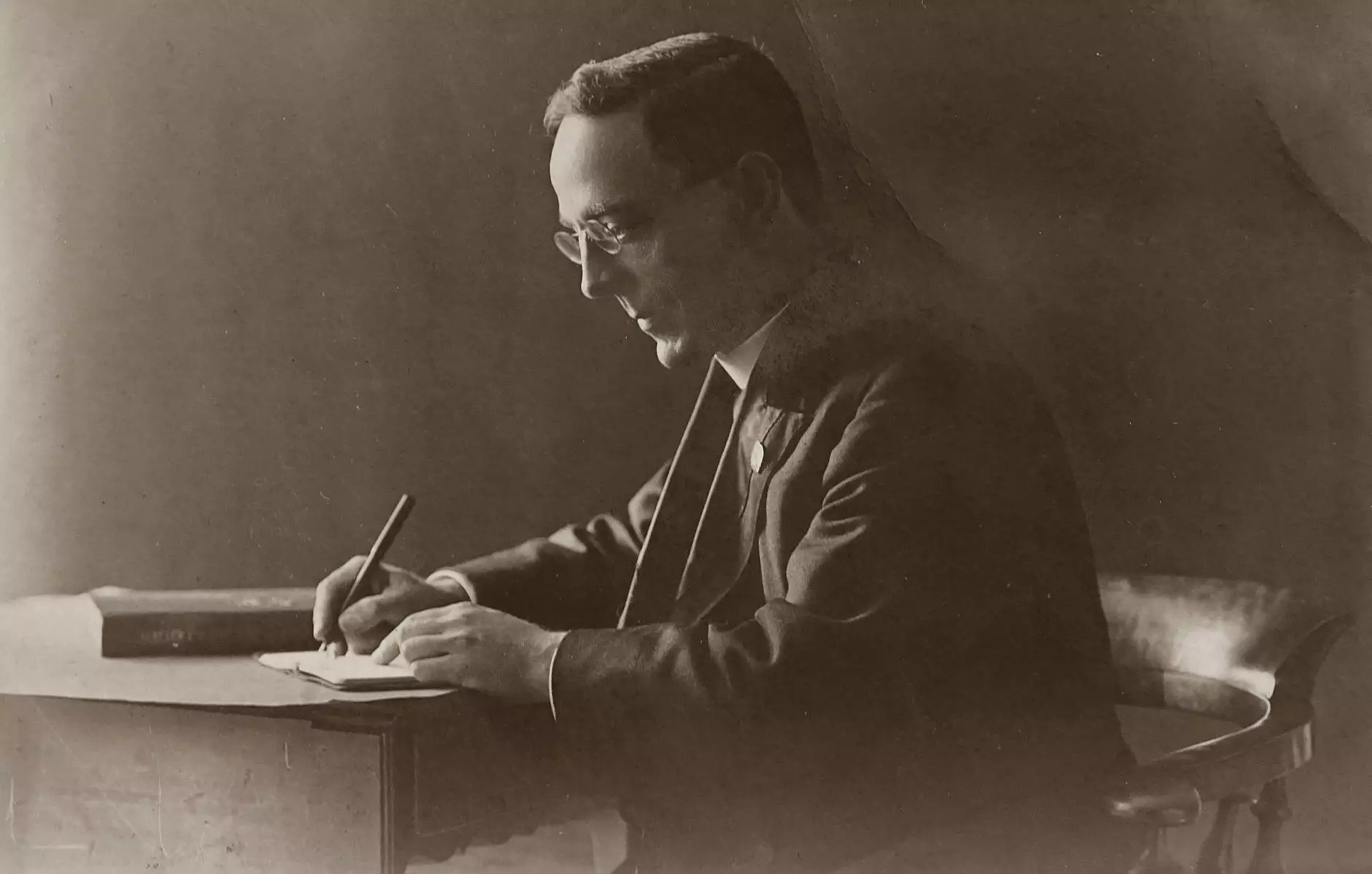Confessed Judgments May Not Be the Gifts to Plaintiffs That They Imagine

When it comes to legal cases, plaintiffs often search for strategies and solutions that can provide them with an edge. A confessed judgment is one such legal tactic that may appear to offer plaintiffs an advantage. However, it is important to understand that confessed judgments may not always be the gifts to plaintiffs that they imagine.
Understanding Confessed Judgments
A confessed judgment is a legal process wherein the defendant agrees to accept a judgment against them without a full trial or contesting the claims made by the plaintiff. Essentially, it is a voluntary admission of debt or liability by the defendant. This can be an attractive option for plaintiffs seeking a quick resolution to their case.
Potential Advantages of Confessed Judgments
Confessed judgments can offer several potential advantages for plaintiffs. Some of these advantages include:
- Rapid Resolution: With a confessed judgment, plaintiffs can bypass lengthy court proceedings, potentially allowing for a quicker resolution to their case.
- Cost Savings: By avoiding a trial, plaintiffs can save on legal fees and other related expenses.
- Increased Chance of Recovery: A confessed judgment can create a legally binding obligation on the defendant to pay the plaintiff, increasing the likelihood of successful recovery.
The Potential Drawbacks of Confessed Judgments
While confessed judgments may have their advantages, it is crucial for plaintiffs to consider the potential drawbacks before proceeding. Some of these drawbacks include:
- Limited Negotiation Power: Once a confessed judgment is entered, plaintiffs may have limited ability to negotiate the terms of payment or pursue additional damages.
- Reduced Leverage: Confessed judgments may diminish the plaintiff's leverage in future negotiations or settlement discussions.
- Public Record: Confessed judgments become a matter of public record and may have long-lasting implications on the defendant's reputation and creditworthiness.
- Enforcement Challenges: Enforcing a confessed judgment can sometimes be a complex and time-consuming process, especially if the defendant is uncooperative.
Seeking Professional Legal Guidance
Given the potential pros and cons associated with confessed judgments, it is highly recommended to seek professional legal guidance from an experienced attorney. Richardson Law Firm PC specializes in providing comprehensive legal services in the field of law and government, ensuring that plaintiffs have a clear understanding of the implications and potential risks associated with their choice.
Conclusion
Confessed judgments may offer plaintiffs certain advantages in terms of rapid resolution and potential cost savings. However, it is essential to carefully consider the potential drawbacks such as limited negotiation power, reduced leverage, public record implications, and enforcement challenges. Consulting with a knowledgeable attorney, like those at Richardson Law Firm PC, is crucial in order to make informed decisions and navigate the complexities of legal proceedings effectively.










